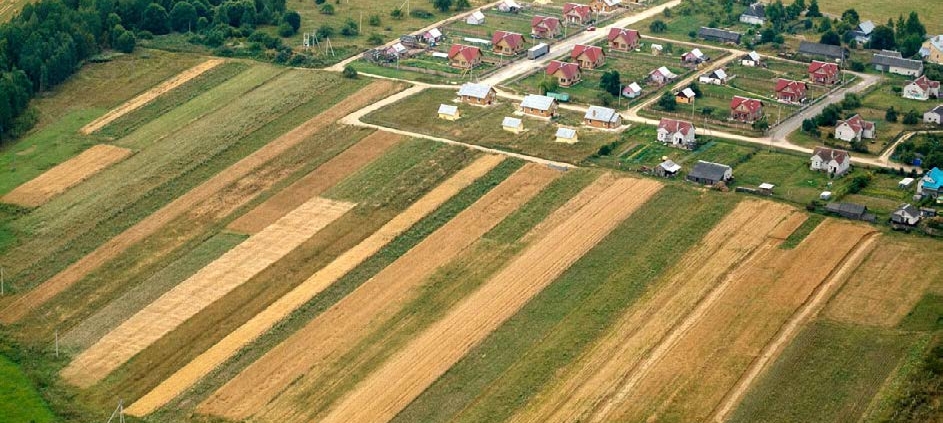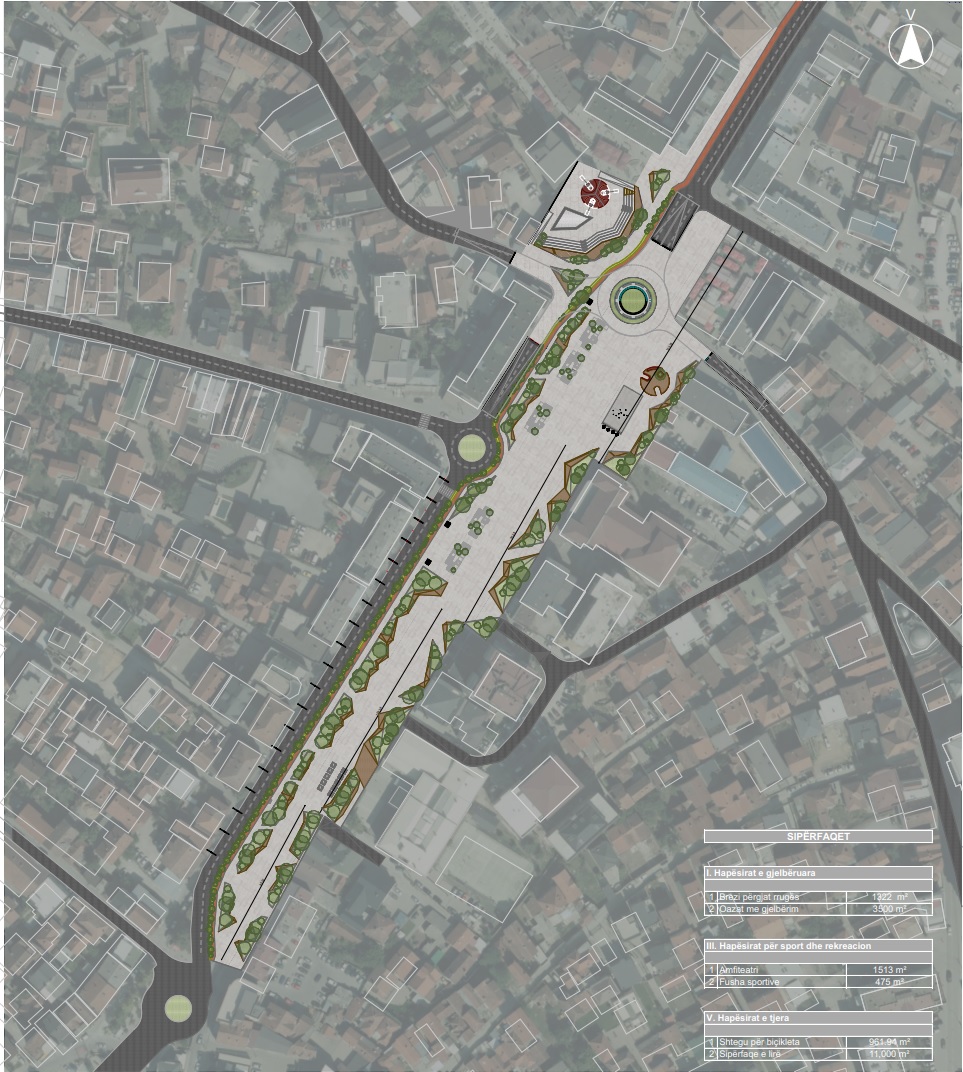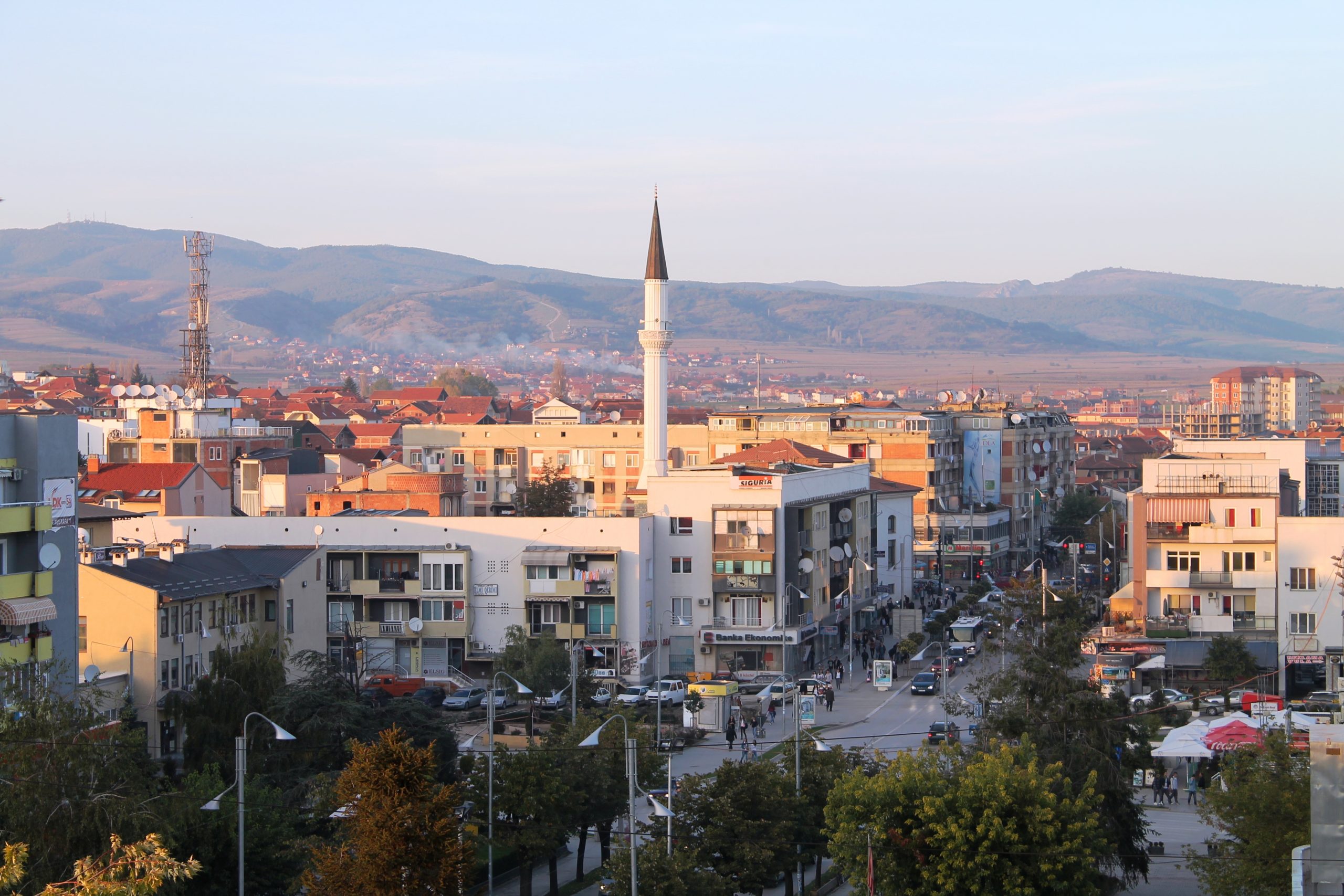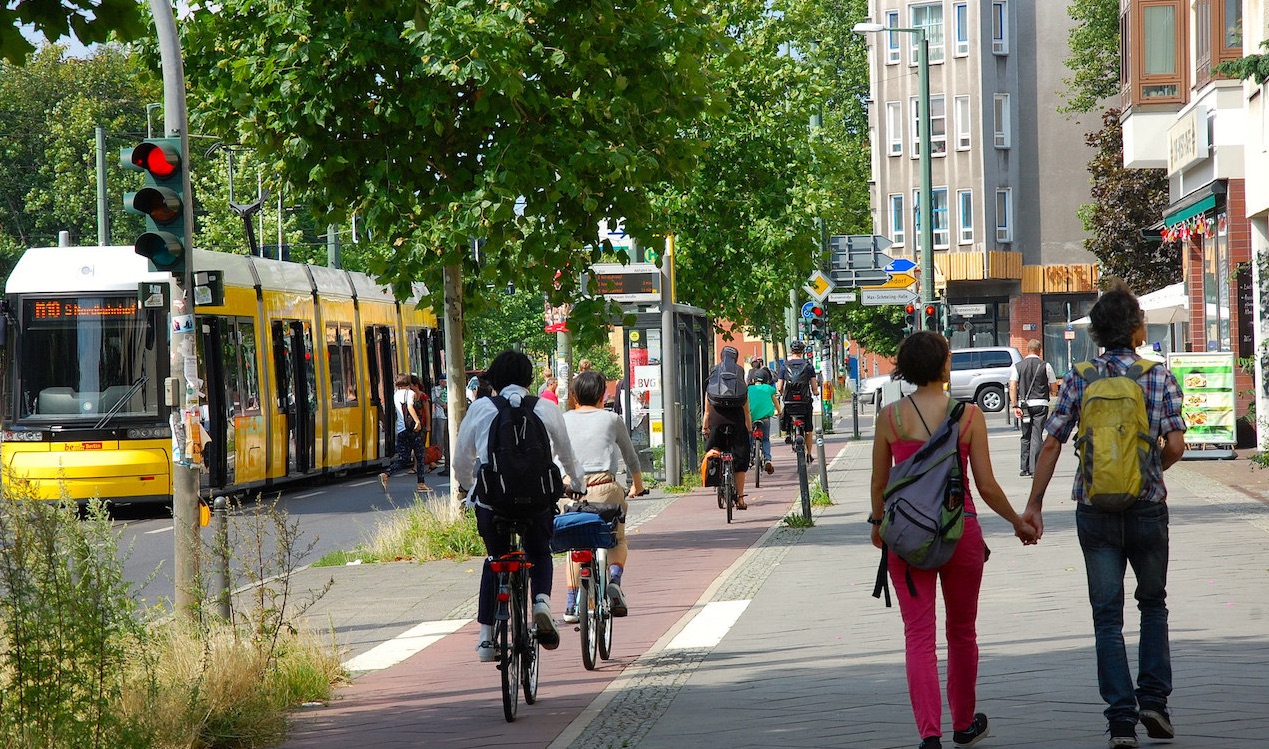The EcoMobility Index aims to measure the sustainable transportation and mobility level of Kosovo cities and to support the transition of these cities toward sustainable, eco-friendly, and people-centered urban environments by integrating the EcoMobility approach into local planning and development strategies. Recognizing the urgent need to protect the geographic, environmental, and social fabric of cities, the project seeks to redefine urban mobility through a holistic and inclusive lens. By adopting the EcoMobility SHIFT framework, which is built around 20 well-structured indicators grouped into Enablers, Transport Systems and Services, and Results and Impacts, the project aims to empower local authorities with a robust assessment and planning tool. This tool will help cities measure current mobility performance, identify key challenges, and implement targeted improvements. At its core, the project promotes urban systems that prioritize walking, cycling, public transportation, and low-emission vehicles, while enhancing safety, accessibility, air quality, and reducing greenhouse gas emissions. Through participatory processes and evidence-based policymaking, the project aspires to create urban mobility systems that are not only more efficient and inclusive but also aligned with broader goals of environmental protection, economic vitality, and high quality of life for all citizens.
EcoMobility SHIFT Indicators
The 20 indicators of the EcoMobility SHIFT are classified into 3 criteria, namely Enablers, Transport systems and services, and Results and impacts.
Enablers: Understanding User Needs; Public Participation; Vision, Strategy and Leadership; Finance for EcoMobility; Personnel and Resources; Monitoring, Evaluation and Review
Transport Systems and services: Planning; Low Speed / Car Free Zones; Information Provision & Systems; Mobility Management; Parking; Walking; Cycling; Public Transport Coverage & Speed; Usability of Public Transport; Low Emission Vehicles
Results and impacts: Modal Split; Safety; Greenhouse Gases (GHG); Air Quality



